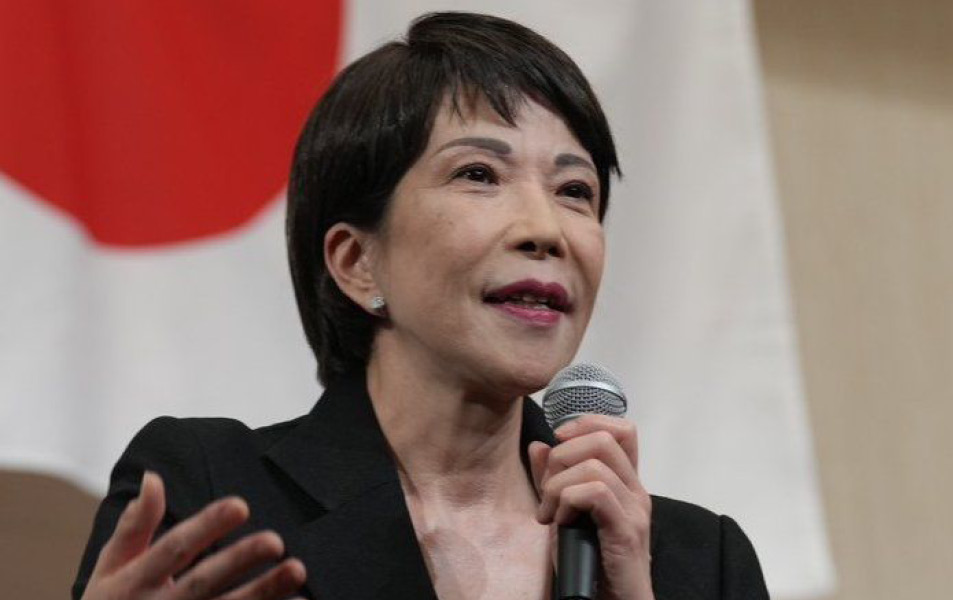When Sanae Takaichi walked into the Kantei this week as Japan’s first-ever female Prime Minister, history was made. A moment decades in the waiting, long demanded by activists, and symbolically powerful for a nation ranked near the bottom among developed economies for women’s political representation. Yet behind the applause lies a more complex question: will this truly redefine Japan’s gender narrative or merely repackage old power under a new face?
A Moment of Pride and Proof of Possibility
For generations, Japanese politics has been a man’s world, rigid, hierarchical, and resistant to disruption. Takaichi’s rise shatters that image, even if partially. It tells a new generation of Japanese girls that the top job isn’t reserved for men. In a society where female representation in parliament hovers below 10 percent, her appointment is a statement that the impossible is no longer unimaginable.
The world has waited too long for Japan to take this step. In that sense, her ascent is not just personal victory; it’s a national awakening. The symbolism alone has weight. In boardrooms, universities, and government offices, there will now be at least one unspoken barrier that seems a little less impenetrable.
Read More
- Are you ready to let go of the excess and embrace minimalism?
- Pinarayi Vijayan: The Quiet Revolutionary Who Redefined Power in Kerala
- Empowered, inspired, unstoppable: The women shaping talabat’s success story in Oman
- Leading the Charge: TAS celebrates strength and impact of Women at HerStory Oman Summit & Awards 2025
- Nobel Peace Prize winner Maria Corina Machado: A symbol of defiance in a silenced nation
And yet, symbolism without substance is fragile. Takaichi’s political record is marked by staunch conservatism, a loyalty to traditional social values and nationalist ideology that stands at odds with the progress many hoped her leadership would signal.
She has resisted reforms such as allowing married couples to keep separate surnames, opposed same-sex marriage, and maintained support for male-only imperial succession. These positions raise a sharp irony: Japan’s first female Prime Minister may not be the feminist reformer some imagined, but a custodian of continuity.
In politics, representation matters, but conviction matters more. Having a woman in the top seat does not automatically mean progress for women if the agenda remains tethered to patriarchy and convention.
The Power of Perception
Still, this moment matters profoundly. History rarely changes in a single election or appointment. It shifts slowly, through visibility and the subtle erosion of stereotypes. Takaichi’s leadership, whatever her ideology, opens doors that were once sealed.
For Japan, this could become a turning point in how leadership itself is imagined, not just by gender but by the courage to question tradition. Her test will not only be governance, but whether she uses her position to widen the path for those who follow.
A Lesson Beyond Japan
For us in Oman and across Asia, Japan’s story is both inspiration and caution. Representation without reform is only the beginning, not the end. Nations thrive not by who breaks the ceiling first, but by how many are allowed to rise after.
Sanae Takaichi’s election is undeniably historic. But the true measure of progress will be whether the glass ceiling she broke remains shattered or quietly rebuilt above the next generation.







